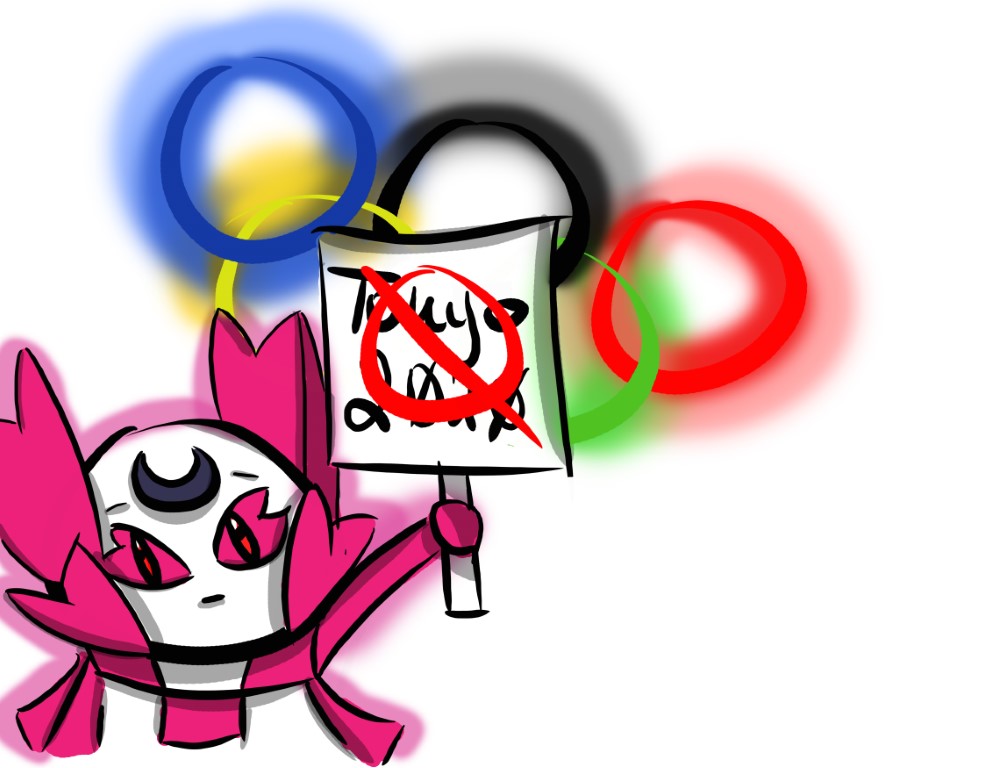
Examining a mental health campaign
By Cazzy Lewchuk, Staff Writer
As you’ve probably seen, Canadian telecommunications giant Bell’s annual Let’s Talk campaign will be happening soon, and it encouraging openness and awareness of mental health. Bell will donate $0.05 towards mental health organizations across Canada for each use of the hashtag #BellLetsTalk and each text sent on a Bell phone plan.
Ultimately, millions of dollars go towards helping people with their mental health. In addition, a conversation across the entire country is initiated on a topic so often ignored. These are fantastic initiatives and should be highly encouraged.
Mental health issues disproportionately affect minorities, including women, the members of the LGBTQ+ community, and POC. It is underprivileged folk who are most likely to develop a mental health problem, and who have more difficult accessing resources and treatment.
The #BellLetsTalk ads are incredibly white. Almost all of the people smiling and encouraging you to talk are extremely privileged (and rich) white celebrities. Mental health issues affect all demographics of Canadians, but not all of them are as successful as Howie Mandel. Bell needs more diversity in their ads, though I can understand why a homeless Indigenous woman with schizophrenia just doesn’t look as nice on a billboard.
Above all, social conditions are a huge factor in the mental health of the population. Low-income individuals are more likely to develop a mental health disorder, and more importantly, are unable to access proper care for it. Counselling and psychiatric services are not free nor covered by the glorious Canadian healthcare we all worship for some reason, even though it’s just as important as our physical health. (The government doesn’t consider eyes and teeth to be essential for our health, either.)
Mental health is an ongoing struggle with many root causes. Lifestyle is a very important one. Many who suffer could significantly improve their conditions through a healthier diet, exercise, and environment. Of course, following these regimes is easier said than done, particularly if you’re severely underprivileged.
Bell is getting a lot of free advertising out of this event. They’re donating millions to charitable causes, and that’s definitely worth some exposure. Bell is also a corporate giant that continues to use capitalism to hold a monopoly on wireless services in Canada. Their bills are getting higher and higher, and I wonder how many Bell employees have their mental health suffer because they aren’t being paid a living wage. Do Bell employees have an EAP included with their benefits? Are they able to access the services of a mental health professional subsidized by the company?
On January 25, I’m going to make a donation to a local charity that specializes in mental health instead of spamming a hashtag 100 times. Donating to charity is always good, and one wonders how much free corporate advertising hijacks the process.
Mental health campaigns that don’t scratch the surface of systematic inequality are still very good, but they deserve to be addressed for what they really are.


